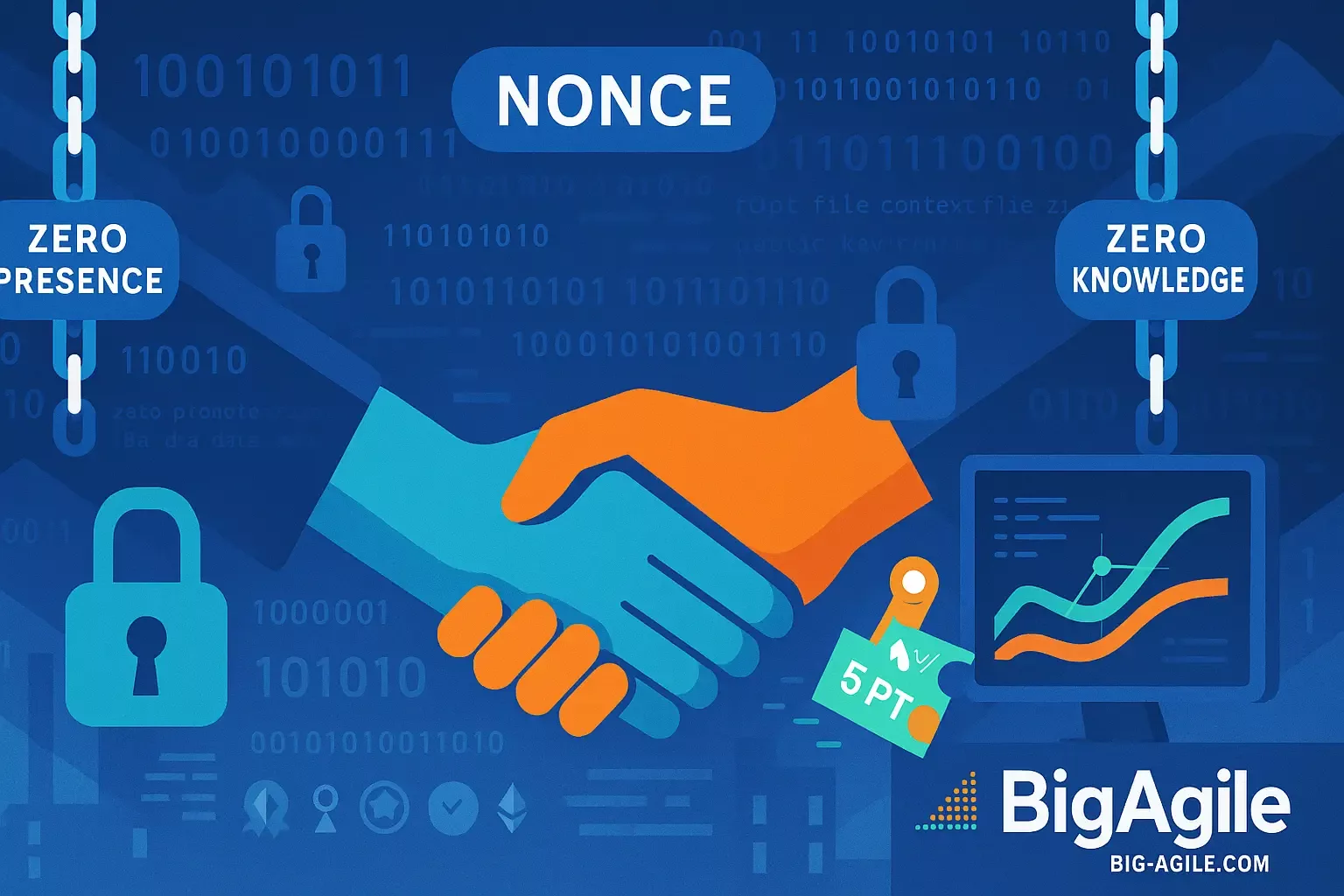
Did you know...
The concept of a “nonce" (short for "number used once") is fundamental to cryptography, blockchain security, and modern authentication systems. As discussed in Dataconomy’s recent article, nonces support critical systems by ensuring uniqueness, preventing replay attacks, and maintaining the integrity of transactions. Whether used in cryptographic hashes, digital signatures, or mining operations in networks like Bitcoin, nonces are subtle yet essential.
In recent years, I’ve worked alongside Ethereum research teams exploring zero-presence and zero-knowledge cryptographic proofs. These systems utilize nonce-equivalent randomness to validate computations without exposing underlying data, facilitating secure and private transactions, smart contracts, and decentralized identity frameworks. It’s a powerful example of how nonce-related mechanisms continue to evolve and scale into next-generation applications.
Ok, So What?
For businesses today, this isn’t just academic. Nonces are part of the hidden scaffolding that makes digital commerce and data systems trustworthy. These “one-time numbers” are central to operational resilience, from verifying API transactions to securing user sessions.
In advanced systems like Ethereum’s zero-knowledge rollups and private smart contracts, nonce-like randomness enables scalable, confidential computation, a glimpse of what enterprise security will look like in the coming years.
Now What?
- Privacy-Preserving Transactions: Explore whether zero-knowledge techniques like zk-SNARKs or zk-STARKs, which rely heavily on secure randomness, can provide competitive advantages for managing sensitive customer data or internal analytics.
- Secure APIs: Introduce nonce validation in REST or GraphQL APIs to reduce replay attacks and ensure single-use tokens for secure integrations.
- Blockchain Adoption with Purpose: If your company is assessing blockchain adoption, consider Ethereum Layer 2 solutions (e.g., zk-rollups), where nonce-driven systems offer both speed and privacy at scale.
Questions to Think About:
- How are nonce-based systems already protecting your organization, and are you actively managing that layer of security?
- Can your customers trust the privacy of their data across your digital touchpoints?
- Are you staying ahead by exploring zero-knowledge technology that may define the next five years of secure computation?